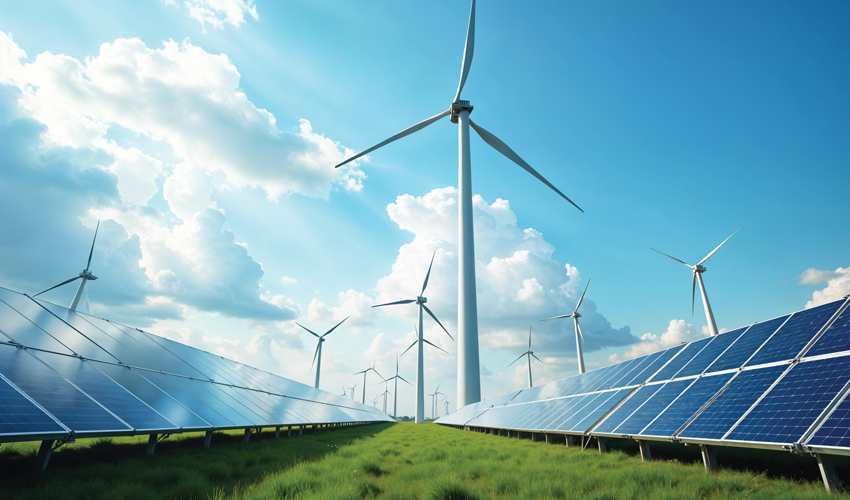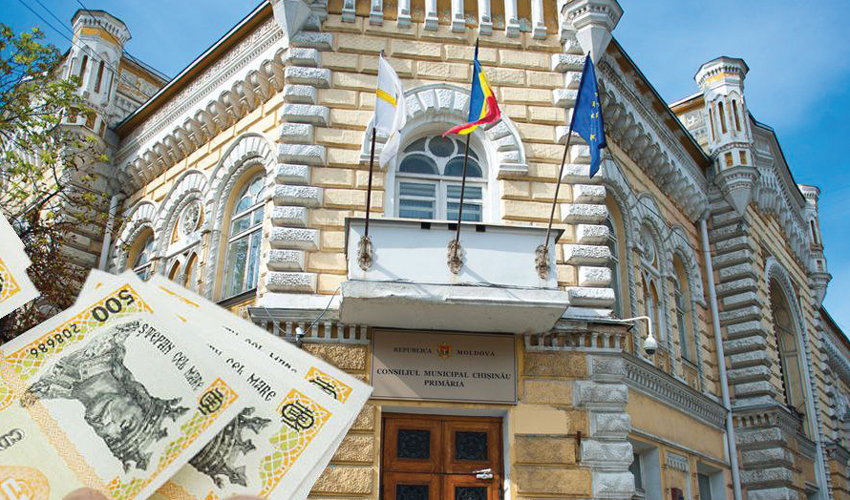
Moreover, if they don’t and the tariffs resume, what could that mean for Europe’s economy and America’s economy?
“This is simply the largest and most integrated economic partnership in the world,” Malte Lohan, director general of the American Chamber of Commerce to the EU, said on The Big Question program.
In fact, the value of this relationship – eight trillion euros – is like the economies of France and Germany combined, or a third of the world’s GDP.
Why is the economic relationship between the EU and the US so important?
The €8 trillion economic relationship has several components. 1.7 trillion euros is accounted for by trade in goods, which is often perceived as the most important element of the relationship. A smaller percentage is trade in services: financial, accounting, legal, travel and digital services.
Foreign direct investment (FDI) also plays a huge role in the relationship.
“We are each other’s largest sources of foreign direct investment: more than 56% of US FDI goes to Europe, and a comparable share of European FDI goes to the US,” Malthe emphasized.
“But a much larger part of the economic relationship, by a wide margin, is the sales of European subsidiaries in the US and American subsidiaries in Europe. And when we talk about the €8 trillion transatlantic relationship, a big part of that value is sales through our subsidiaries on the other side of the Atlantic.”
While Germany, Ireland and Italy are the largest European exporters to the U.S., Malthe suggested that the impact of renewed tariffs could be particularly felt in more localized industrial zones in the EU.
“Look at the ecosystems that are forming in different parts of Europe because of U.S. investment and the companies that operate there. For example, we have a very strong ecosystem around the pharmaceutical sector, right here in Belgium, and we also have a very large ecosystem, of course, in Ireland – a lot of people know about that. We have an ecosystem around the aerospace sector in the south of France.”
How will the return of trade tariffs affect Europe’s competitiveness?
Right now, uncertainty about the future of tariffs is doing enormous damage to European innovation and the economy. Malthe Lohan also fears that a potential war of tariffs and counter-tariffs could spread to other areas of relations.
“You are planning to invest many billions of euros in your supply chain, in production capacity, and you can’t calculate the return on that investment, because the numbers change literally every day – because of the introduction of tariffs and then their abolition or the emergence of retaliatory measures,” Malthe explained.
“And that creates a huge inertia in the market, investments are delayed, and other parts of the world that don’t face that degree of uncertainty can be more proactive in their own innovation and investment – and we have to catch up with them.”
He also added that supply chain disruptions could lead to higher prices for consumers.
What does the future of economic relations between the EU and the US look like?
“That’s the million-dollar question,” Malthe said in an interview with The Big Question program.
“At least now there is still room for dialog. But whether that dialog will produce the desired result in such a short time frame is something we have yet to see.”
Malthe added that he would like to see longer-term discussions beyond the 90-day pause on how the two sides can work together for mutual long-term benefit.
“This relationship is too valuable to allow it to be destroyed,” Malthe stated.
He added that he would also like the EU to prioritize the development of a Capital Markets Union – this would allow Europe to “take control of its long-term growth and competitiveness.”













